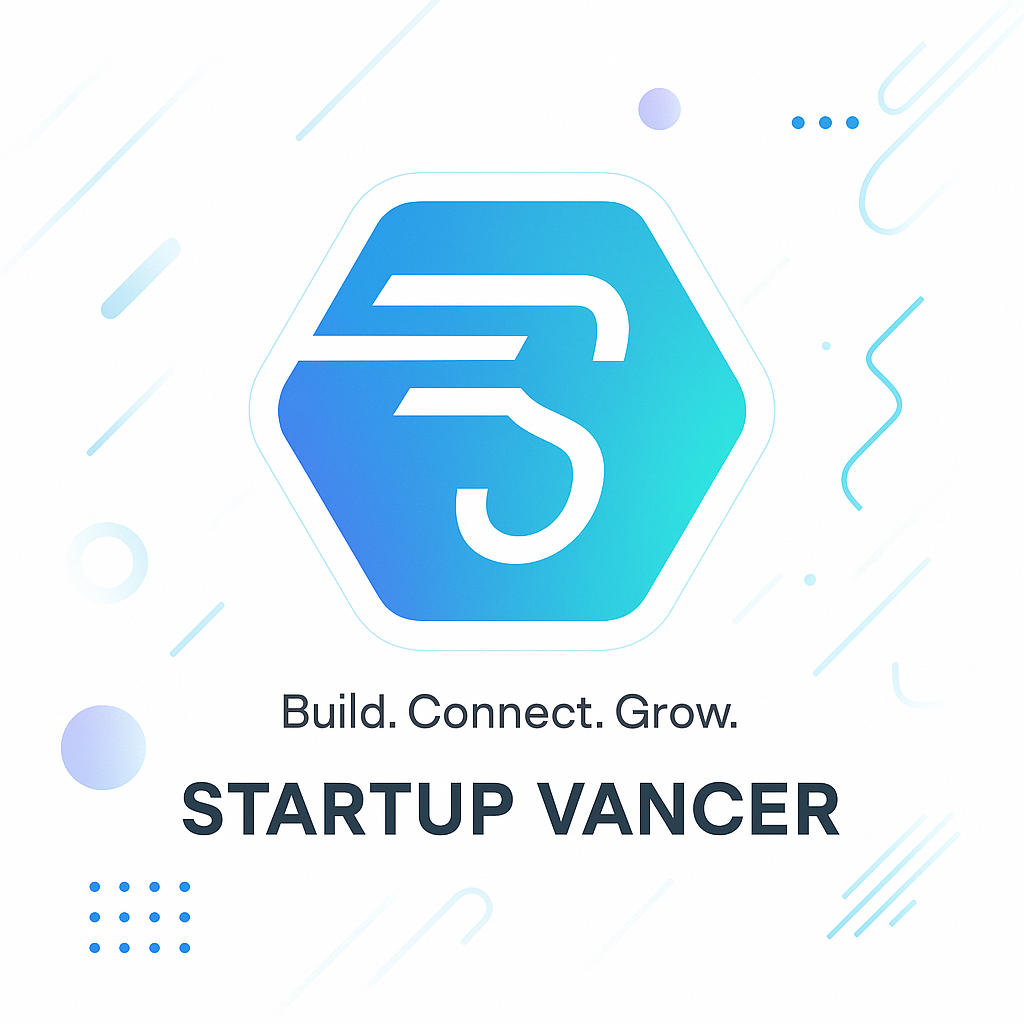
In today’s competitive business landscape, the success of a startup hinges on its ability to swiftly assess the viability of new ideas. Entrepreneurs must first understand the critical importance of validating their startup concepts before diving into development. By employing effective techniques for rapid testing, they can gather invaluable insights and feedback that drive refinements and improvements. Ultimately, this approach not only enhances the likelihood of success but also empowers entrepreneurs to make informed decisions, ensuring they are on the right track to validate startup idea and thrive in the market.
Understanding the Importance of Validating Your Startup Idea
Validating a startup idea is critical to success in today’s competitive marketplace. A recent report from the U.S. Bureau of Labor Statistics reveals that nearly 20% of new businesses fail within their first year, primarily due to a lack of market demand. By taking the time to validate startup ideas, entrepreneurs can mitigate this risk and make informed decisions.
Key benefits of validation include:
| Benefits | Description |
|---|---|
| Understanding Market Demand | Validation helps determine whether a genuine need exists for the product or service being proposed. |
| Avoiding Costly Mistakes | Identifying potential pitfalls early saves time and money on unnecessary development efforts. |
| Building Investor Confidence | Presenting validated ideas demonstrates a well-researched approach, thus attracting potential funding. |
| Enhancing Product Development | Continuous feedback during the validation phase helps refine the product to better meet customer needs. |
Through effective validation, entrepreneurs not only confirm the viability of their concepts but also establish a roadmap for their startup journeys. This strategic process is an investment that can lead to a more successful and sustainable business ahead.

Techniques for Rapidly Testing Your Startup Concept
Validating a startup idea requires swift and efficient methods to test the viability of a concept. Entrepreneurs can utilize several techniques to quickly gauge market interest without significant investment.
| Technique | Description |
|---|---|
| Landing Pages | Create a simple landing page that outlines the core concept of the startup. Include calls-to-action such as sign-up or pre-order options to measure interest. |
| Crowdfunding Campaigns | Launch a campaign on platforms like Kickstarter to not only raise funds but also validate demand through potential customer pledges. |
| Customer Interviews | Conduct direct interviews with target customers to gather insights about their needs and their willingness to pay for your solution. |
| Minimum Viable Product (MVP) | Develop a basic version of the product that addresses the core problem. This allows real users to interact with the concept, providing essential feedback. |
| Social Media Polls | Use platforms like Twitter or Instagram to run polls asking followers about their interest in the solution, refining based on responses. |
| A/B Testing | Deploy variations of your startup idea to different audiences and analyze which version generates better engagement and interest. |
Employing these techniques enables founders to validate their startup idea swiftly, saving both time and resources. Engaging with potential customers early on helps ensure that the final concept resonates with market needs.
Leveraging Feedback to Refine and Validate Your Startup Idea
Feedback is an invaluable asset in the journey of turning a startup idea into a viable business. It is essential to approach the process of gathering feedback with an open mind, recognizing that constructive criticism is crucial for growth. Here are several effective strategies for acquiring and utilizing feedback:
| Strategy | Description |
|---|---|
| Customer Interviews | Engage directly with potential users to understand their pain points and perceptions of your idea. |
| Surveys and Questionnaires | Utilize online tools to create surveys, gathering quantitative and qualitative data on customer needs. |
| Prototype Testing | Develop a Minimum Viable Product (MVP) that allows users to interact with your concept, providing insights based on their experience. |
| Focus Groups | Conduct focus group sessions to discuss your startup idea, allowing for diverse perspectives and in-depth discussion. |
| Online Feedback Platforms | Use platforms like Product Hunt or Reddit to share your idea and gather input from a wider audience. |
By systematically leveraging these feedback methods, entrepreneurs can validate their startup idea and make crucial adjustments before launch. This iterative approach not only enhances the product but also builds relationships with early adopters, laying the groundwork for a strong customer base. Observing patterns in feedback will guide entrepreneurs in refining their offerings, ensuring alignment with market demand. In essence, feedback is the compass that helps navigate the often turbulent waters of startup development.
Frequently Asked Questions
What is the importance of validating a startup idea before launching a business?
Validating a startup idea before launching is crucial as it helps entrepreneurs to avoid potential pitfalls associated with launching a product that does not meet market demands. Validation acts as a safeguard against investing time and resources into concepts that may not resonate with the target audience. It provides insights into customer needs, preferences, and willingness to pay, leading to a stronger, more sustainable business model. By testing the idea early, entrepreneurs can make informed adjustments, enhance their offering, and significantly increase their chances of success in a competitive market.
How can entrepreneurs effectively validate their startup ideas in a short timeframe?
Entrepreneurs can effectively validate their startup ideas by implementing several practical strategies within a short timeframe. First, they should engage directly with potential customers through surveys and interviews to gather actionable feedback about the problem the idea intends to solve. Creating a Minimum Viable Product (MVP) or a landing page can also be pivotal; it allows entrepreneurs to gauge interest and collect user data, such as sign-ups or pre-orders, without fully developing the product. Additionally, conducting competitive analysis helps to identify market needs and opportunities for differentiation. By combining these methods, entrepreneurs can quickly ascertain whether their concept has traction and adjust accordingly.
What common mistakes should entrepreneurs avoid when validating their business ideas?
Some common mistakes entrepreneurs should avoid when validating their business ideas include falling too in love with their initial idea, which can lead to ignoring critical feedback. Another pitfall is failing to conduct thorough market research, which can result in launching without understanding the competition or customer needs. Entrepreneurs should also be cautious about skipping the MVP phase and investing heavily in a full product without proper validation. It’s essential to listen actively to customer feedback, remain flexible to pivot the idea based on insights, and recognize when a concept does not meet market needs.






